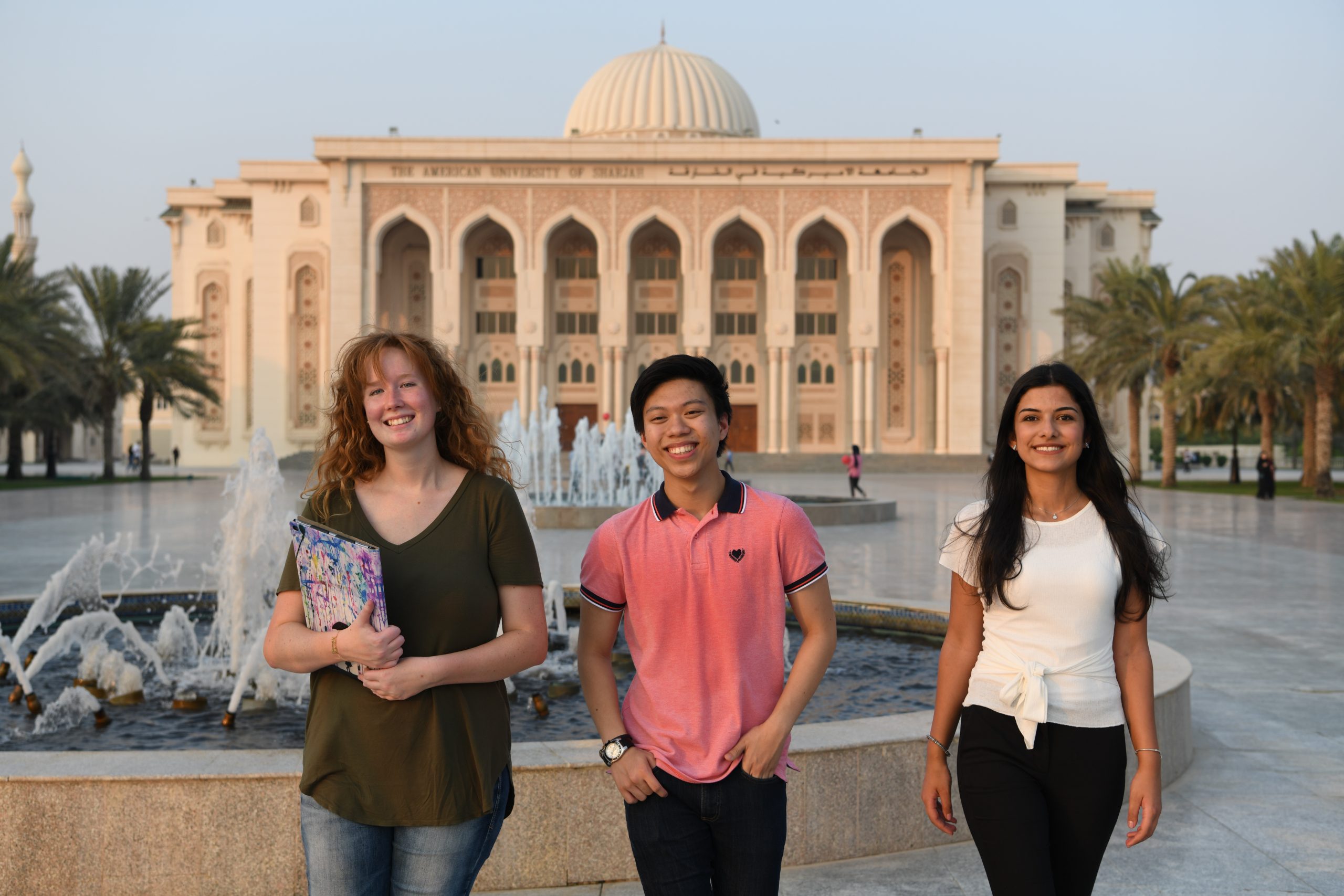Bahraini architect Maryam Aljomairi, American University of Sharjah’s (AUS) College of Architecture, Art and Design (CAAD) alumna and co-curator of the Pavilion of Bahrain at the 2023 Venice Architecture Biennale, has presented research into how Gulf countries could harness the high volume of water created as a by-product of air conditioning systems.
Collaborating with fellow Bahraini architect Latifa Alkhayat and a team of experts, including AUS alumni Nada AlMulla, Rabeeya Abduljabbar, Nasser AlZayani and current AUS students Khaled Esguerra and Nujud Alhussain, the team’s research reveals that Bahrain’s air-conditioning systems currently produce enough water to irrigate three million date palms every year, but instead, it goes down the drain.
“Due to the extreme temperature in the Gulf, air conditioning systems are used almost all year-round. The air conditioning process generates an underutilized by-product called water condensate. During the operation of an air conditioning unit, air is drawn from the external environment and directed into the system, as it is cooled water condensate develops,” said Aljomairi.
“While we acknowledge the adverse environmental impacts of air conditioning and do not intend to glorify it, we also recognize its necessity in our given climate. As we await for cleaner alternatives, it is critical to utilize existing assets available in every building that can offset these repercussions,” she said.
Aljomairi, who is currently pursuing a Doctorate at Harvard Graduate School of Design, was appointed co-curator of the Bahrain Pavilion in November 2022 after responding to an open call by the Kingdom’s Authority for Culture and Antiquities, which was specifically looking to address the theme of water scarcity in the Gulf region.
Over four months, Aljomairi and her co-curator, Latifa Alkhayat, worked alongside an engineer and hydrogeologist in an extensive study to calculate the volume of water that could be collected from air conditioning units from every building type across Bahrain—an estimated 74 million m3. Further research and analysis showed that while the water byproduct is pure and distilled, it is very acidic and would, therefore, be best utilized for irrigation as well as to replenish Bahrain’s dried-up water springs as a means to revitalize local ecologies.
“The inception of cooling technology in Bahrain dates back 40 years, yet until now, the potential benefits of this resource have remained largely untapped. We are living in a time that we cannot afford to even forgo the smallest drops of water,” she said.
With this in mind, the team has also looked at how water may be conserved at the microscopic level and collected from glass surfaces by applying waterproof sprays in a way that would direct them to shed water more quickly and efficiently before it can evaporate in the heat. The research has been compiled in a publication which complements the exhibition in Venice and has opened important conversations about policy change in Bahrain and across the Gulf, with further studies building on the initial findings and recommendations already underway.
The Pavilion of Bahrain is located adjacent to the National Pavilion UAE, which has been curated by AUS alumni-turned faculty, Faysal Tabbarah, along with his own team of AUS alumni researchers.
A career in research was not always on Aljomairi’s agenda, who graduated from AUS in 2017 with a Bachelor of Architecture and went on to work in reputable firms both at home in Bahrain and later in New York. In 2018, she attended a conference in Mexico with architects and researchers from institutions such as MIT and Harvard, who left a lasting impression.
“The research presented at the conference highlighted a truly multidisciplinary approach to architecture and the built environment. Integrating computer science, synthetic biology, engineering and material science into their work. That’s when I realized a strong inclination towards engaging in that path— an approach to architecture that’s driven by discovery, exploration and innovation,” said Aljomairi.
She has since gone on to complete a master’s degree in design computation at MIT and is now pursuing a doctorate at Harvard where she is researching adaptable and shape-shifting materials systems. During this time, Aljomairi has enjoyed collaborating with the growing cohort of AUS alumni in Cambridge, Massachusetts.
“Because of the number of AUS graduates coming into these institutions now, people are becoming more aware of AUS, and Sharjah in general. Everybody here can see there is something different about CAAD graduates,” she said.
“We all know that AUS has a strong foundation, but what makes it very unique is the environment that it has created through its faculty and students. At CAAD, there is this energy that always pushes you to break boundaries and do your best, setting the standard for what defines outstanding work,” Aljomairi said.
“As a student of both MIT and Harvard, I have yet to see the same commitment and rigor. To this day—even six years later—whenever I work, I always ask myself, ‘Is this up to the standards set by CAAD?’,” she said.
For more information about the College of Architecture, Art and Design at American University of Sharjah, visit www.aus.edu/caad.



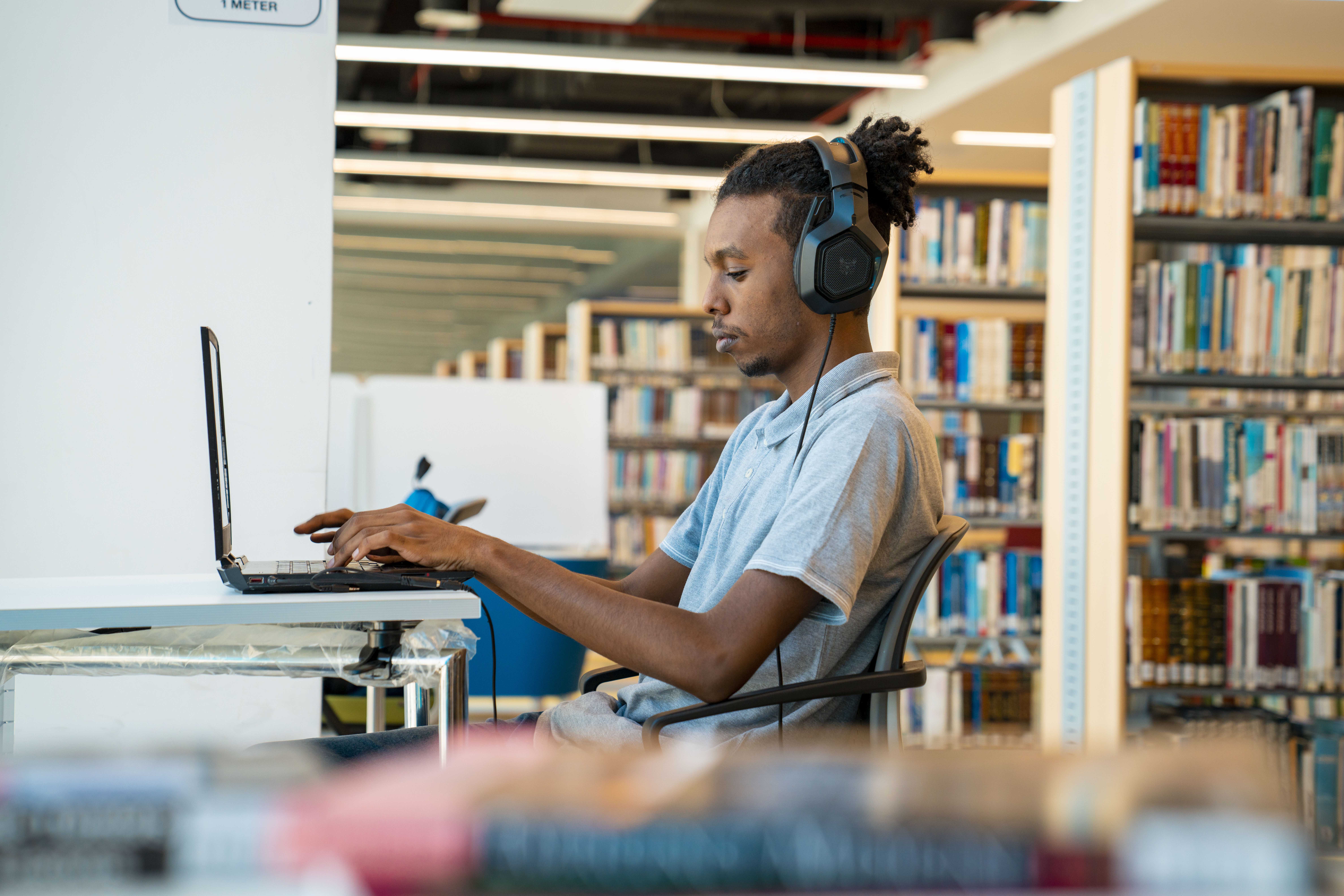

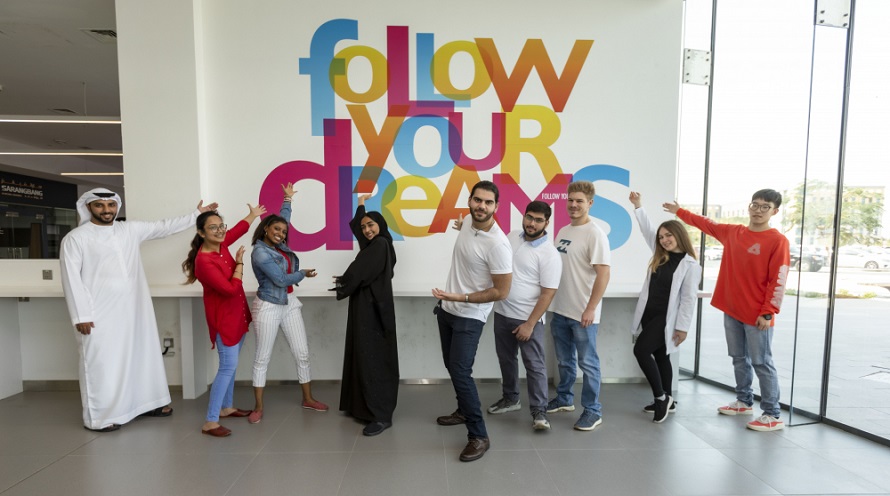
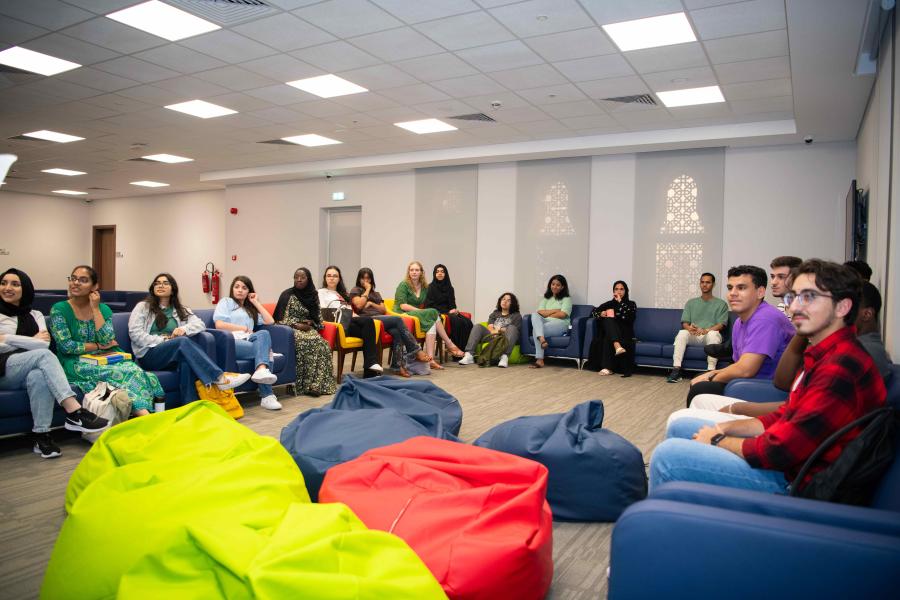
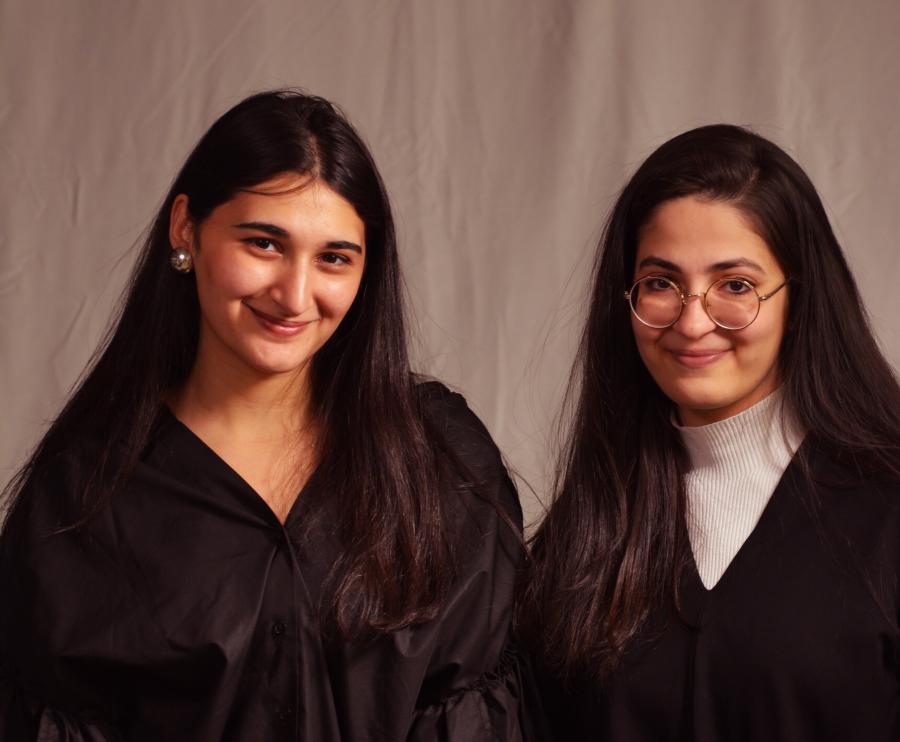

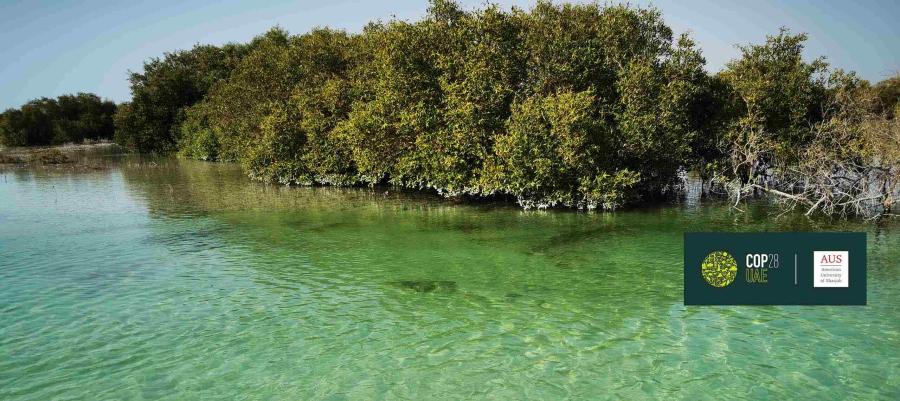
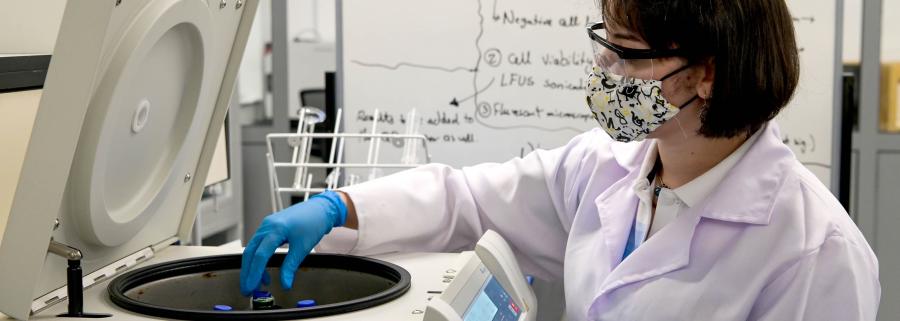
 (1)-scaled.jpg)
